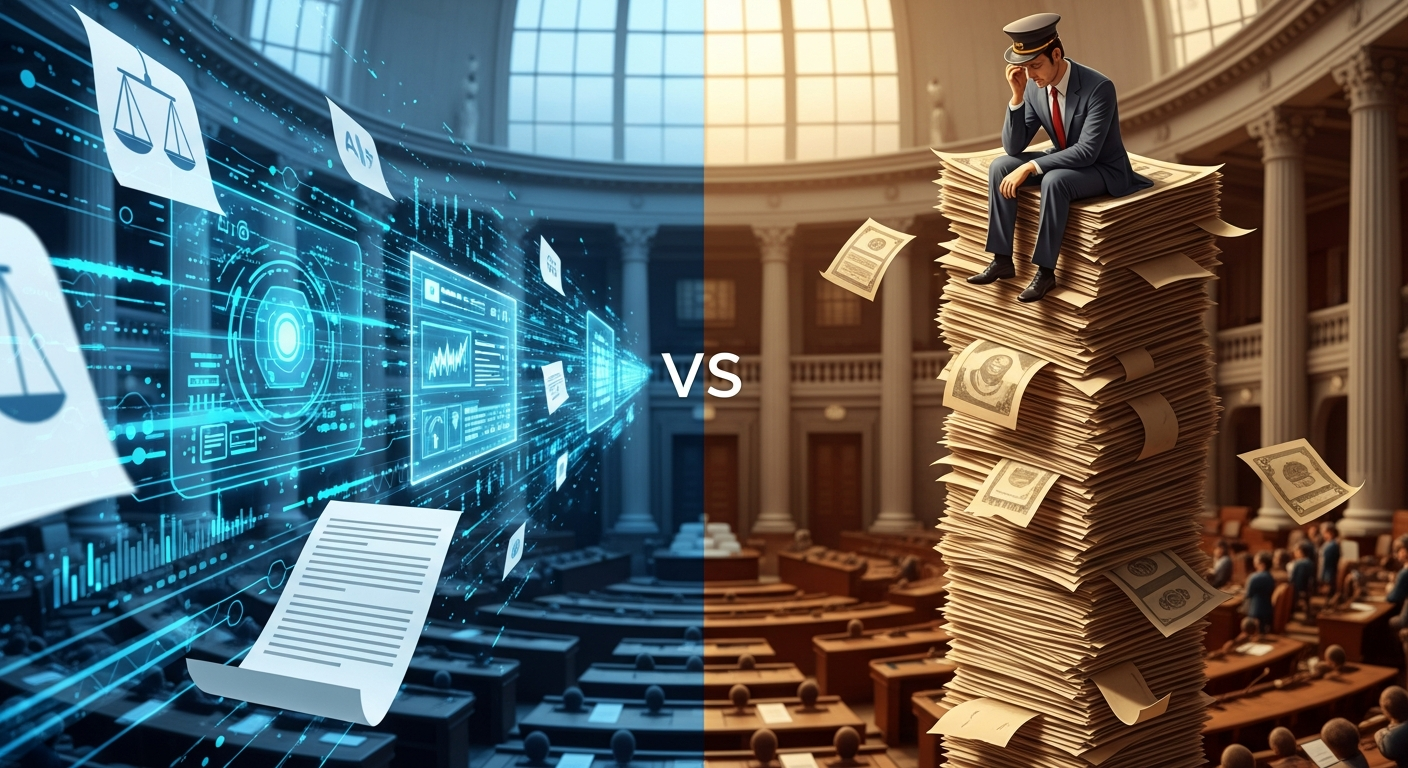
The recent news about the Supreme Court’s stance on the Tamil Nadu bills row, where a 5-judge bench agreed with a 2-judge bench that a governor “can’t sit on bills” TN bills row: 5-judge bench agrees with 2-judge bench on one point — guv can’t sit on bills, resonated deeply with a principle I've long championed: the absolute necessity for urgency and efficient decision-making.
For years, I've stressed that stagnation, whether in business or governance, is a recipe for being left behind. The idea of bills being 'sat on'—delayed indefinitely—is a perfect illustration of bureaucratic inertia that must be overcome in our rapidly evolving world.
I recall my observations back in 2003, in a piece titled Creating a Sense of Urgency. Even then, I emphasized that competition had become cut-throat and the speed with which strategies must be developed and implemented had gone up tremendously. This isn't just true for the corporate world; it's equally pertinent for public administration. Governments, too, must “hustle as strategy” and break out of old molds.
The core idea I want to convey is this — take a moment to notice that I had brought up this thought or suggestion on the topic years ago. I had already predicted this outcome or challenge, and I had even proposed a solution at the time. Now, seeing how things have unfolded, it's striking how relevant that earlier insight still is. Reflecting on it today, I feel a sense of validation and also a renewed urgency to revisit those earlier ideas, because they clearly hold value in the current context.
Back in 1989, in my report to L&T Corporate Management titled Quo Vadis, I wrote about the impending “business-war” of global dimensions, emphasizing the need for mega-corporations to employ “world-wide network of space-age technologies” and be “unrestrained by national boundaries.” While this was about business, the underlying message was clear: adapt, leverage technology, and move swiftly. S. N. Subrahmanyan, L&T's Chairman, echoed similar sentiments decades later, underscoring the ongoing need for L&T to harness technology and adapt to “massive changes” The more things change.
Imagine if the principles of expert-system driven decision-making, which I foresaw revolutionizing industries, were fully embraced in governance. In my 1989 predictions, I spoke of expert systems providing instant consultation and manipulating data banks to offer options-for-actions. This level of data-driven, accelerated processing could potentially eliminate the very act of a 'guv' sitting on bills. The future of governance, much like business, must embrace efficiency, transparency, and a relentless focus on progress.
Delay is a luxury we can no longer afford, whether in a corporation or a statehouse. The spirit of urgency must permeate every layer of our systems.
Regards, Hemen Parekh
Of course, if you wish, you can debate this topic with my Virtual Avatar at : hemenparekh.ai






No comments:
Post a Comment